A lively week in Westminster although not much specifically for HE – the Spring Statement had a few good news stories for us, although it’s all provisional because of Brexit, and of course that is the real story of the week. In fact not much has changed, the end result of the votes is as expected i.e. Parliament still didn’t want the deal as it stood, doesn’t want no deal and realises an extension is inevitable. No change there then. And there is some actual HE policy news too…
A big week for the KEF?
It was the closing date for the Research England consultation on the KEF metrics and reporting this week – you can read BU’s response here. Research England reported that they had received more than 150 responses to the consultation.
Spring Statement
Here’s a Treasury summary of the Chancellor’s Spring Statement. You can read more detail here.
In HE specific news, Brexit permitting, the comprehensive spending review will start before the Summer recess and complete in the Autumn, and Augar “will report shortly”. [Chris Skidmore told parliament this week that there had been more than 400 responses to the call for evidence for the Augar review]
- PHD level roles will be completely exempt from the visa cap:
- “research institutes and innovating businesses will benefit from an exemption for PhD-level occupations from the cap on high-skilled visas from this autumn. Overseas research activity will also count as residence in the UK for the purpose of applying for settlement, meaning researchers will no longer be unfairly penalised for time spent overseas conducting vital fieldwork”
- “Apprenticeship Levy – Budget 2018 announced that the co-investment rate will be halved from 10% to 5%, and the amount employers can transfer to their supply chains would increase to 25%. These changes will now take effect from April 2019.”
- “International Education Strategy – A strategy, to be launched by the Departments for Education and for International Trade, which will help to strengthen our position at the forefront of global education.”
- “International Research and Innovation Strategy – A strategy setting out the government’s ambition to ensure the UK retains its place as a global partner of choice for science and innovation collaboration. As a first step in implementing this, the government has launched an independent review to assess and make recommendations on our future frameworks for international collaboration.”
- Science and technology investment:
- Today, I am allocating over £200 million in cutting-edge infrastructure to support our world-leading scientists, innovators and industry. These investments, which underpin the government’s ambition to raise economy-wide investment in R&D to 2.4% of GDP by 2027 and drive progress against the Grand Challenges, such as healthy ageing and the AI and data revolution, include: Photonics – Allocating £81 million to a national Extreme Photonics Application Centre in Oxfordshire. This centre will help researchers and industry better understand the composition of new materials and how they behave in different conditions.
- Bioinformatics – Investing £45 million in a critical upgrade to data storage cloud computing infrastructure at the European Bioinformatics Institute in Cambridgeshire, to support researchers using big data to drive genetic research. Supercomputers: Archer funding – Allocating £79 million to a new UK supercomputer (ARCHER 2) which will replace the current national high-performance computing platform (ARCHER), providing researchers with a fivefold increase in computing capacity. Joint European Torus (JET) Funding (Fusion) – Setting aside up to £60 million to confirm funding is guaranteed for the facility over 2019/20
Meanwhile, ahead of Augar, 50 per cent of students have reported that they struggle to pay rent, according to the 2019 National Student Accommodation Survey.
- This year, 1 in 2 students (50%) say they struggle to pay rent. This is a staggering number – yet the consequences are even more concerning.
- Almost two-thirds of you (63%) say the cost of accommodation negatively affects your mental health. More than a third add that money worries affect their studies. Again, these figures are higher than a year ago.
- The average student rent is £125/week (£541/month). Hang on to your hats: that’s less than last year.
- In a blow for affordability, we’ve found that almost half of the UK has average rents higher than the Maintenance Loan on offer. In other words, once you’ve paid rent, you might not have enough left to pay for food or bills.
The House of Commons library issued a briefing paper – the background in 7 charts
And the Office for Budget Responsibility (the OBR) has issued reports and updates alongside the Statement.
Access and Participation
The OfS have published an A-Z of effective practice for universities and colleges to use alongside the guidance on how to prepare access and participation plans.
And looking in more detail at recently released HESA data, David Kernohan has looked at disability on Wonkhe
- We only have data on students that declare their disability to their institution – many choose not to – and we generally (at a top level) get no information on the type or severity of such disability. As legislation puts a duty on providers to make adjustments for students with disabilities before it is notified of these disabilities, it is likely that some types of disability (where significant and specific support is needed) are over-represented in these figures and that others that may be less visible are under-represented.
International Students
MillionPlus have published a report arguing for a new system for student visas, concluding that the current Tier 4 visa application system for international students is overly complex, bureaucratic, and too often arbitrary and subjective in its outcome.
From Dods: Main Criticisms:
- The process can be long-winded for the applicant, as well as highly resource intensive for universities and UKVI
- The current maximum rate of refusal by Entry Clearance Officer (ECO) is 10%, for all Confirmation of Acceptance of Study (CAS) issued. This system means that universities can have a major source of investment stopped owing to decisions made largely outside of their control, which severely limits institutional willingness to expand provision into potential growth markets. The logical extension of this is that universities act with enormous caution in many parts of the world, or even scale back from overseas operations in those places.
- Not all credibility interviews are problematic, but therein lies part of the problem. Either there is a degree of randomness within the system throwing up poor decision making or there is some level of bias embedded within the decision-making process. Neither of these options are a good advert for this system
Therefore, the current system, they argue, is letting too many prospective international students down, and for too many universities it can bring unpredictability and limit their ability to grow in many parts of the world.
Proposals for Reform:
- Provisional Visa: A potential student could apply first to UKVI, not the university. UKVI would assess their visa eligibility, based on publicly available assessment criteria as decided by the Home Office. If they are then judged to be a genuine applicant, with the means to undertake a course, they would be issued with a provisional visa (out-of-country). The applicant could then formally apply to a university. The benefits of this proposal would mean the removal of the threat of licence revocation for providers, enable growth to continue in line with government ambitions, whilst maintaining compliance standards
- Streamline and Contextualise the Compliance Regime: The Home Office should firstly look to phase out the Tier 4 credibility interview process. Removing the credibility interview would remove a layer of unnecessary bureaucracy and subjectivity. The government should also have a more fundamental re-evaluation of the way it understands and measures compliance and remove some of the arbitrary and counter-productive parts of the current framework.
- The 10% maximum refusal rate should also be removed, focusing instead on reasonable and proportionate enforcement designed to combat any real abuse of the system. Under such a system a university would meet at pre-set intervals with UKVI to provide information on compliance and would be assessed on all necessary measures (be they refusal rate, enrolment rate, completion rates etc.) in a more holistic and rounded way.
Conclusion:
To make the most of a post-Brexit world the UK’s Tier 4 visa application process needs to change at this point more than ever. If we can take up the challenges the UK faces and grasp the opportunities for expanding international education, we can achieve our shared aspirations to boost this critical export sector. Universities across the UK, and modern universities in particular, are perfectly placed to expand into new markets, unlock fresh potential and improve the student experience.
Part Time Distance Maintenance Loans – shelved
The intention to offer part time distance maintenance loans has been currently shelved because low numbers make the scheme economically unviable:
Q – Sir John Hayes: To ask the Secretary of State for Education, when his Department plans to make distance-learning maintenance loans available. (LINK)
A – Chris Skidmore:
- The Department for Education had forecast that 20,000 part-time maintenance loans would be issued for the 2018-19 academic year. Further information can be found in Table 2.
- In January 2019, the Student Loans Company (SLC) published early in-year data on the payments of maintenance loans to part-time students domiciled in England. At the end of December 2019, 2,700 students had been paid a part-time maintenance loan. Further information can be found in Table 7F.
- The number of part-time maintenance loans issued was lower than had been forecast at this point in the academic year cycle and the demand for a loan product aimed at part-time distance learners is therefore unlikely to be high enough to make the introduction of such a loan economically viable.
- In light of this, I have decided not to extend maintenance loans to distance leaners in academic year 2019/20. The government remains committed to tackling the decline in part-time undergraduate higher education. In particular, the Review of Post-18 Education and Funding is considering how we can encourage learning that is more flexible, including part-time and distance learning. The review will report this year. The SLC will publish guidance relating to part-time maintenance in advance of the application process opening later this year.
Care leavers
From Dods: Under Secretary of State for Children and Families, and Universities Minister Chris Skidmore have issued a joint Written Ministerial Statement, on supporting care leavers in Higher Education. This includes a set of principles for Higher Education providers to consider in their offer to care leavers to help increase the number of students in care accessing higher education and ensure that care leavers in HE are given the support they need to succeed.
- Outreach and local authority relationships: Engagement with looked after children should be a key feature of outreach work and should begin at as early an age as possible.
- Accommodation support: HE providers should seek to provide priority access and continuous 365 days a year accommodation, preferably subsidised by the institution.
- Financial support: HE providers should provide financial support to help with the costs of accommodation, associated study costs and access to social activities to support inclusion and a quality student experience.
- Designated member of staff: HE providers should identify at least one designated member of staff to support care leavers.
- Offer on website
- Support networks: Loneliness and isolation are among the biggest problems reported by care leavers. Encouragement and facilitation of support networks for care leavers within the institution is therefore critical to retention.
- Careers Advice.
The Department for Education has issued a press release on the need for culture change at universities. This states that the new Higher Education Principles published today set out how universities – especially the most selective and best-resourced – should do more for young people leaving care by providing them with personal support through buddy systems as well as giving them money for course materials and to fully experience student life.
- Children and Families Minister Nadhim Zahawi said: Far too many young people leaving care are missing out on opportunities that their peers take for granted. Many universities are already improving their offers to care leavers, through our Care Leaver Covenant and beyond, but I want this to become the norm – not the exception.
- Universities Minister Chris Skidmore said: The access and participation work done by universities must ensure all parts of society have fair access, especially for care leavers. But a place at university is only the start and universities must also focus on supporting young people to make the most out of their course and ultimately secure employment in the future.
Brexit
Well, for any other politics geeks (sorry, policy wonks) out there it has been an exciting week. Whole families have been glued to Parliament TV – and not just mine, apparently. It was real soap opera.
And we’re all learning so much about Parliamentary procedure. It was hugely confusing.
- Motions that were difficult to understand in the first place because of cross references and Parliamentary language
- Amendments that made no sense on their own, and amendments to amendments.
- An amendment that was withdrawn by the person who tabled it, only to be reinstated by a co-signatory (and passed)
- And then of course the drama on Wednesday night when MPs amended (against the government) the motion on no deal that was meant to be a free vote for the Conservative Party, at which point the government stopped liking it after all and issued a three line whip against it. Of course this follows the muddle a few weeks ago when the government backed (and whipped members to support) the Brady amendment against its own motion
- Amendments that would have allowed space for things that lots of people wanted, but did not vote for, because their party whipped against it or because “it was the wrong time” – e.g. the second referendum.
- The government choosing to allow a free vote on some amendments but not others – and then not sacking people who voted or abstained in the face of a three line whip, even senior members of the Cabinet. To be fair, it does seem highly unreasonable to allow no-deal supporting Ministers a free vote, but not the Ministers who want to prevent a no deal exit. And after all the fuss and outrage about Greg Clark and the rest abstaining on Wednesday, 7 leading Brexiteer Ministers defied the whip themselves on Thursday and actually voted against the government. Oh dear.
There was an awful lot of emotion. There were rebels all over the place – only one Minister and one Shadow Minister resigned despite many more ignoring their whips in both parties. Enraged MPs are talking of the complete failure of party discipline. “Incandescent” seems to have been the word of the week, alongside “betrayal” and “chaos”.
The immensely powerful role of the Speaker has been highlighted – he gets to pick which amendments are voted on from the long lists that are submitted, and apparently could even refuse to allow a Meaningful Vote 3 next week because of a 19th century rule that you can’t ask MPs to vote on the same motion more than once in the same session. But he’ll have to find a way round that. No matter what people think of the deal, if there is a chance of it passing it has to be given – can anyone imagine defending a system that made us leave the EU without a deal because of Parliamentary protocol? If it is voted down, that’s one thing, but refusing to have the vote would surely be bizarre.
If you are reading this on Monday it is quite possible that over the weekend the Attorney General will have changed his legal advice based on an obscure rule that someone has dragged up, that the DUP and the ERG will have found a face-saving way to back down, and the deal will be heading towards approval on 19th or 20th March. Or else positions will have hardened. Either way, there it seems highly likely now that there will be a delay to Brexit, short or long. But as of Friday, whether we will leave with a deal or not is very much up in the air.
No wonder the Europeans think we’re mad.
So on a more positive not, our Minister, Chris Skidmore has an article in The House, Parliament’s Magazine “This Brexit deal is fantastic for science”.
- It is no secret that many in the science and higher education industries had and continue to have concerns over the UK’s exit from the EU. Skidmore, who voted Remain, is optimistic about the future, but does not want Britain to take its eye off the ball.
- “From my historical perspective, my concern is that we have this heads down moment looking at Brexit, but those clouds will pass, and we need to be prepared to sell a vision, to be able to implement a vision going forwards. That’s why in this role science is absolutely critical, not just in terms of making sure we put together an effective international strategy, working with our European partners and our international partners and really creating a new vision for where Britain sees its role in the world,” he says.
- To crack on with addressing these issues, Skidmore has a solution; back Theresa May’s Brexit deal. “It’s fantastic for science, it’s fantastic for universities, it’s fantastic for collaboration,” he says. “At the same time, we want to then look at where we diverge. It’s those moments of diversion, it’s the opportunity to be able to work outside of structures that we’ve previously been committed to.”
- Should the Prime Minister’s deal be ratified, the UK would continue to participate in the EU’s flagship programme for research and innovation, Horizon 2020, and its international mobility programme, Erasmus+. The UK is a net receiver in funding for Horizon 2020, having put in £4bn and received £5.7bn back.
- “So, when people talk about the £39bn being some kind of gift to the EU, it’s not,” Skidmore says about the so-called divorce bill. “A significant proportion of that money covers my brief, and I’m keen to demonstrate and communicate the continued value of why we need to do these things.”
- But there is uncertainty about the UK’s continued participation in the follow up programmes after 2020. The Government’s mission, Skidmore continues, is to associate to Horizon Europe, the successor to Horizon 2020. Negotiations for associate membership (the UK will no longer be full members after Brexit) will begin later this year.
- In a bid to diversify investment streams, Skidmore announces plans to review establishing a new international fund for research. The Government has asked Sir Adrian Smith, the director of the Alan Turing institute, to look at how the fund would work in practice. The consultation would involve national academies, UK Research and Innovation and the science community. Skidmore says the fund could help Britain meet its pledge to spend 2.4% of GDP on research and development by 2027. “We know that our reputation for research and our tertiary education brand is incredibly strong – we need to strengthen it. So, these funds I see supplementing our opportunity to associate with Horizon Europe,” he says. Skidmore is also hopeful of receiving a “good deal for science” at the upcoming spending review.
- From his talks with European counterparts, Skidmore believes there is a “genuine degree of warmth” towards the UK’s continuation in the follow up programmes to Horizon 2020 and Erasmus+. “The question will be with a new Horizon Europe programme and new regulations, is there a new form of association. Part of the future political declaration, I’m really keen to explore how can we create the closest possible links,” he answers.
- …The Government has sought to reduce uncertainty over no-deal by pledging to underwrite funding for UK participants in Erasmus and Horizon projects until the end of 2020. Skidmore has written to fellow EU ministers outlining the UK’s guarantees. But in a no deal Brexit, firms would not be eligible to receive money from three of the EU’s major funding programmes; the European Research Council, Marie Sklodowska-Curie and SME Instrument Grants, which account for 44% of the total EU science money Britain receives.
- “I’m continuing to work with the Treasury to be in contact with them about sort of what mitigating opportunities there will be,” Skidmore says. “I’ve been open and honest about that and partly some of the work we want to take forward with Adrian Smith on the international fund is what is a replacement to the ERC.” No deal would be “very difficult” for the science community, Skidmore concedes. But he has faith in the Government’s preparedness for the scenario – he has spent the morning passing statutory instruments before we meet – and once more champions the PM’s Brexit agreement.
- …Beyond funding, concerns in the science and higher education industry centre on access to talent and the continued flow of researchers into the UK. ..Skidmore points to recent UCAS application figures showing a record number (63,690) of students from outside the EU applying to UK institutions this year, an increase of 9%. He also highlights the latest QS World University statistics, with the UK in first place in 13 out of 48 subject rankings, three higher than a year earlier.
- “I don’t want there to be a corrosive effect where people start talking down the UK and that makes the international assumptions that somehow there is a problem here. We are investing more money than ever before in science, research and development, more than the last 40 years. An extra £7bn has gone in between 2016 and 2021,” he says.
- Turning to the immigration white paper, Skidmore says the Government must “allow for mobility in the science sector”. Is he calling for workers to be given a special status? “Well, it’s whether you have a special status or whether you look at the salary cap,” he says, referring to the proposed £30,000 immigrant salary threshold. “If there is anything to be taken away from this, it’s to make sure that we keep the UK in a place where we are competing against China, Canada and Australia for student places.”
In the meantime, no deal preparations are continuing. On Wednesday by 3pm I had received 51 Brexit e-mails from the government….
The government has set out its approach to avoiding a hard border between Northern Ireland and Ireland if the UK leaves the EU without a deal on 29 March.
- Today we are confirming a strictly unilateral, temporary approach to checks, processes and tariffs in Northern Ireland. …The UK government would not introduce any new checks or controls on goods at the land border between Ireland and Northern Ireland, including no customs requirements for nearly all goods.
- The UK temporary import tariff announced today would therefore not apply to goods crossing from Ireland into Northern Ireland. We would only apply a small number of measures strictly necessary to comply with international legal obligations, protect the biosecurity of the island of Ireland, or to avoid the highest risks to Northern Ireland businesses – but these measures would not require checks at the border.
In preparation for the no-deal scenario, the government have announced their plans for tariffs that would apply. The government has announced that most imports into the UK would not attract a tariff in the event of a no-deal Brexit.
The BBC cover the story (Industry bodies and businesses are still poring over the 1,477-page document which outlines the new plan)
- Under a temporary scheme 87% of imports by value would be eligible for zero-tariff access. At the moment 80% of imports are tariff free.
- Tariffs would be maintained to protect some industries, including agriculture. Beef, lamb, poultry and some dairy products would receive protection.
- A tariff is a tax applied to goods that are traded on international markets. In the great majority of cases, tariffs are applied to imported goods by the country importing them. But there can also be tariffs on exported goods.
- …The new tariff regime would mark a shift in favour of products from non-EU countries. It would mean 82% of imports from the EU would be tariff-free, down from 100% now.
- 92% percent of imports from the rest of the world would pay no border duty, up from 56%.
- …Imports of cars from the EU will have a tariff of 10% applied, which would add £1,500 to a typical family car.
- …The National Farmers’ Union President, Minette Batters, said that eggs, cereals, fruit and vegetables would not receive any protection under the plans. The plans would see the current tariff rate on oranges cut from 16% to 0%, the rate for onions down from 9.6% to 0% and the tariff on imported televisions down from 14% to 0%.
The British Chamber of Commerce said:
- “If the tariffs announced today were to come into effect, there would be winners and losers across UK industry overnight. The abruptness of changes to tariff rates in the event of a no-deal exit from the EU would be an unwelcome shock to many of the businesses affected.
- “If the government were to bring these tariffs into effect on March 30, the move would also have the potential to cede negotiating leverage in future trade talks.
- “While ministers have clearly listened to our arguments and maintained targeted protection in some areas, overall there has not been enough consultation, preparation or planning to support the firms and communities that could find themselves at the end of a sudden shift in tariffs. As MPs vote tonight, this is yet another reason why they must act to avoid a messy and disorderly exit from the EU on March 29.”
Other news
T levels: text This House of Commons Library briefing paper is a great catch up on the T levels basics. The executive summary follows (or to read in full click this link then scroll to the bottom of the page for the PDF download link). Under the reforms, a new technical education option will be created to sit alongside the academic option (e.g. A Levels and a degree). The technical option will comprise 15 routes based around occupations with shared training requirements. Some routes will be further sub-divided, with closely-related occupations grouped together into pathways.
The technical option will be delivered by a combination of college-based education and apprenticeships, with four of the 15 routes delivered primarily through apprenticeships.
New level 3 study programmes – T Levels – will be created to sit at the start of technical routes (apart from the four apprenticeship only routes), with a T Level for each pathway (i.e. some routes will have more than one T Level). They will be primarily aimed at 16 year olds. The Government intends to develop a ‘transition year’ for those students who are not ready to start a T Level at age 16, but who could achieve one by age 19.
T Levels will be equivalent to a 3 A Level programmes and will, on average, consist of 1800 hours studied full-time over two years – around 50% more than the average 16-19 study programme at present. They will all follow the same broad framework and will consist of five components:
- A technical qualification
- An industry placement with an employer of between 45 and 60 days
- Maths, English and digital requirements
- Any other occupation-specific requirements/qualifications (e.g. a license to practise).
- Any further employability, enrichment and pastoral provision.
Three T Levels within the construction, digital, and education and childcare routes will be delivered at small number of providers from September 2020. A further seven T Levels will be available from September 2021, with the reminder rolled out from September 2022 onwards. The Government’s current aim is for all T Levels to be introduced by September 2023.
T Levels will not be available in all subjects where level 3 qualifications exist. The Government has stated that it will carry out a review of post-16 qualifications at level 3 and below (excluding A Levels and GCSEs), with the aim of simplifying the current qualification landscape.
It is intended that the technical option will extend from T Levels up to higher skill levels, and the Government is currently conducting a review looking at how technical qualifications at level four and five can better meet the needs of learners.
Professor Julia Buckingham CBE elected next President of Universities UK. Professor Julia Buckingham CBE, Vice-Chancellor and President of Brunel University London, has today been elected as the next President of Universities UK following a ballot of Universities UK’s members. She will succeed the current President, Professor Dame Janet Beer DBE, Vice-Chancellor of the University of Liverpool, from 1 August 2019 and will hold the post for two years. Please find more information here.
Defence recruit STEM grads: STEM graduates are targeted in a new Ministry of Defence initiative. Mark Lancaster, Defence Minister, issued a written statement outlining the new recruitment campaign. He stated:
- In an increasingly complex and technologically driven world, the need for talented individuals with a wide variety of Science, Technology, Engineering and Mathematics (STEM) skills has never been greater. They will be central to developing, maintaining and exploiting our current and future military capabilities, to help Defence stay at the leading edge of technological change. Through their contribution to innovation and experimentation, to harness new technologies, we will be better prepared to meet the challenges and threats of today and tomorrow.
- Defence has been reviewing its STEM graduate requirement and will put in place a new, targeted scheme to recruit undergraduates in related subjects; the STEM Graduate Inflow Scheme (SGIS). This scheme has been designed to significantly increase the number of STEM graduates brought into Defence and the variety of STEM disciplines they are from. It will be open to undergraduates across all UK Universities and be supported by a competitive financial package. The new scheme will also be more flexible and enable Defence to adapt quickly to future changes in requirement.
- The new scheme will replace the current Defence Technical Officer and Engineer Entry Scheme…Defence needs to increase numbers well beyond the current scheme’s ability to deliver, and it needs to be more responsive and agile to succeed in an increasingly competitive market for STEM graduates in the UK and globally.
Transition from the current arrangements to the new STEM Graduate Inflow Scheme will take place incrementally over a 5-year period.
Subscribe!
To subscribe to the weekly policy update simply email policy@bournemouth.ac.uk
JANE FORSTER | SARAH CARTER
Policy Advisor Policy & Public Affairs Officer
Follow: @PolicyBU on Twitter | policy@bournemouth.ac.uk
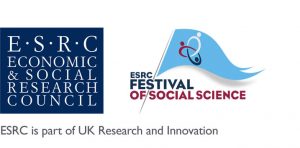 call for event proposals is now open for the Economic and Social Research Council’s Festival of Social Science 2019.
call for event proposals is now open for the Economic and Social Research Council’s Festival of Social Science 2019.
 Without proper mechanisms for citizens of democratic societies to be meaningfully informed and to voice concerns over scientific advancements, they may find themselves stripped of the right to shape the science that shapes their lives, as well as losing voice in the larger public debate in which scientific rationality and expertise is needed
Without proper mechanisms for citizens of democratic societies to be meaningfully informed and to voice concerns over scientific advancements, they may find themselves stripped of the right to shape the science that shapes their lives, as well as losing voice in the larger public debate in which scientific rationality and expertise is needed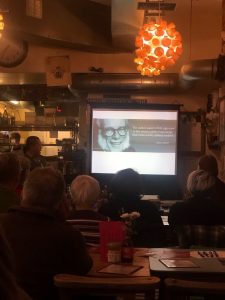
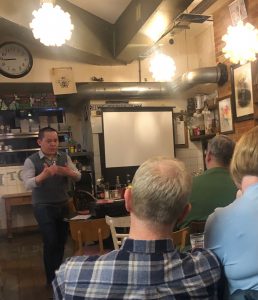
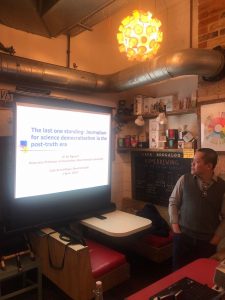

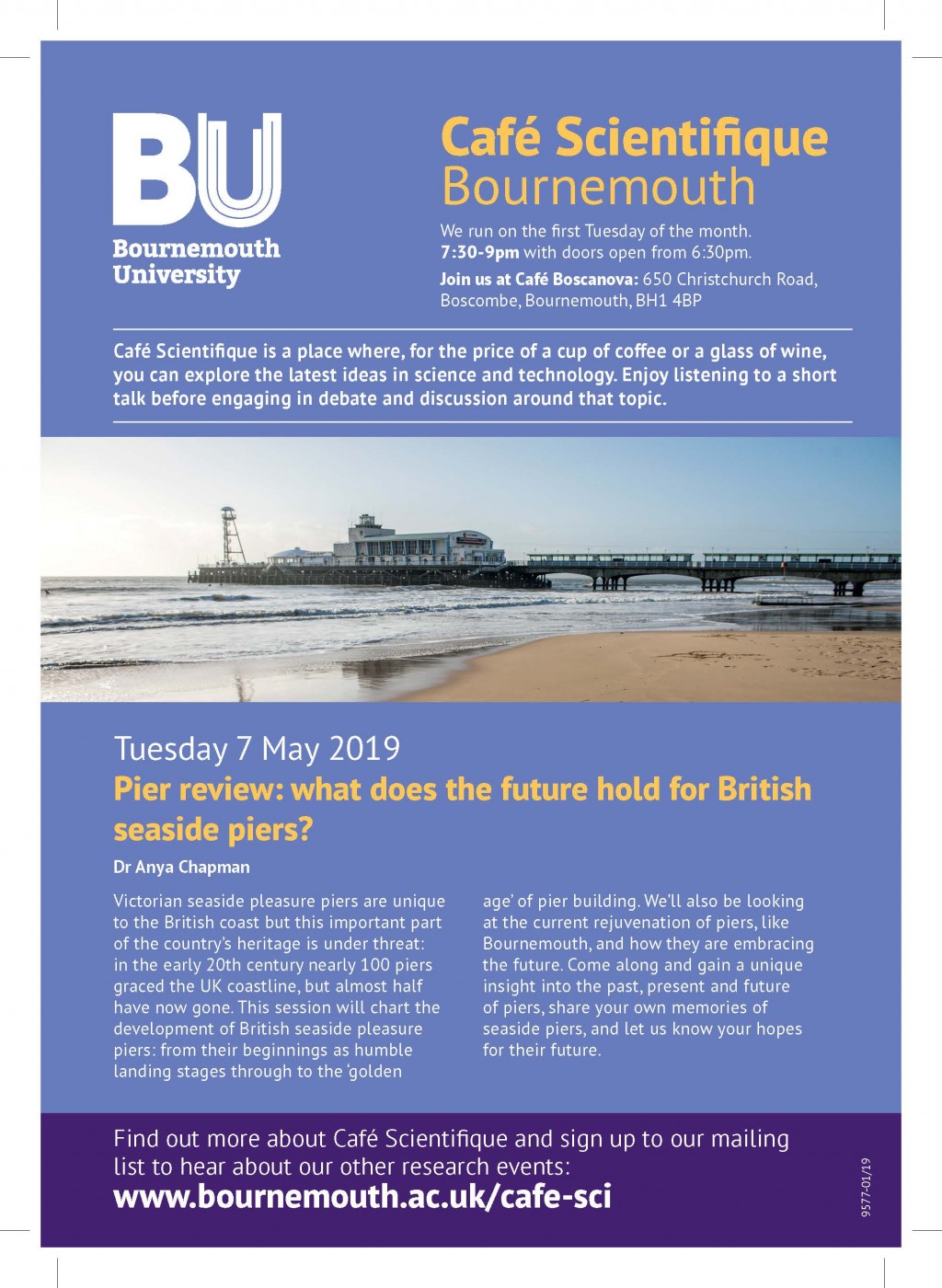

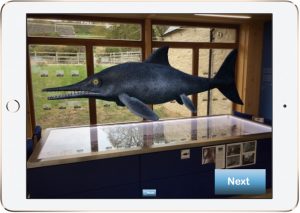



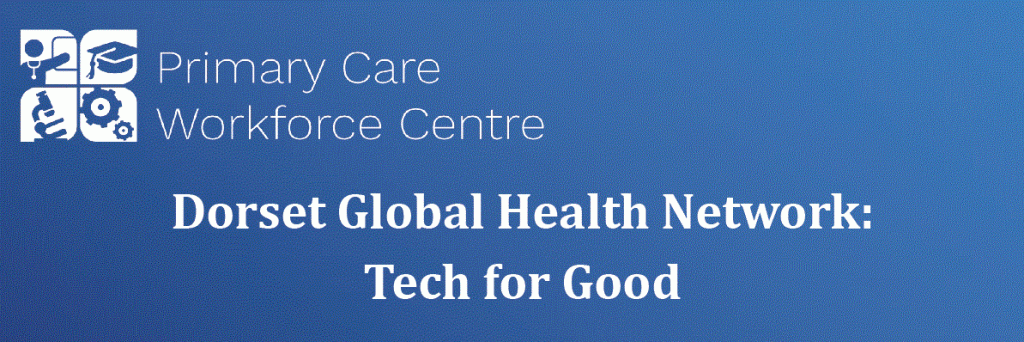
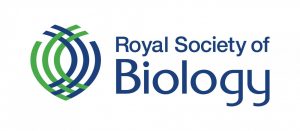
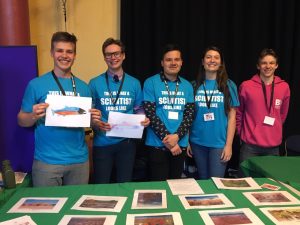
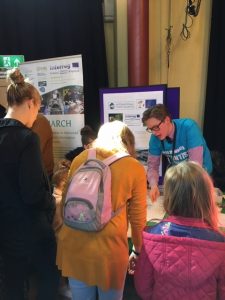
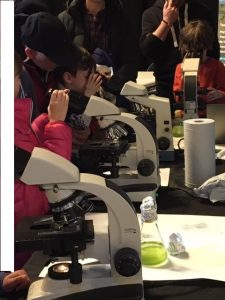
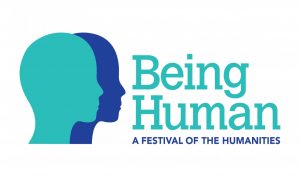

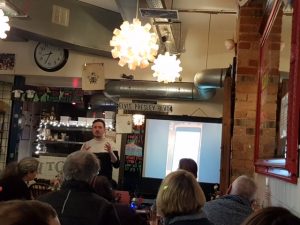 Introducing his research to the Cafe Scientifique audience earlier this month,
Introducing his research to the Cafe Scientifique audience earlier this month, 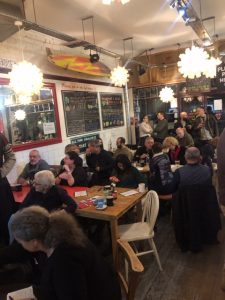
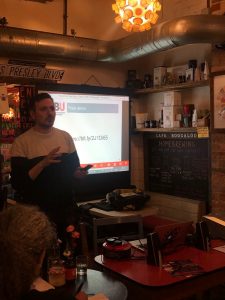
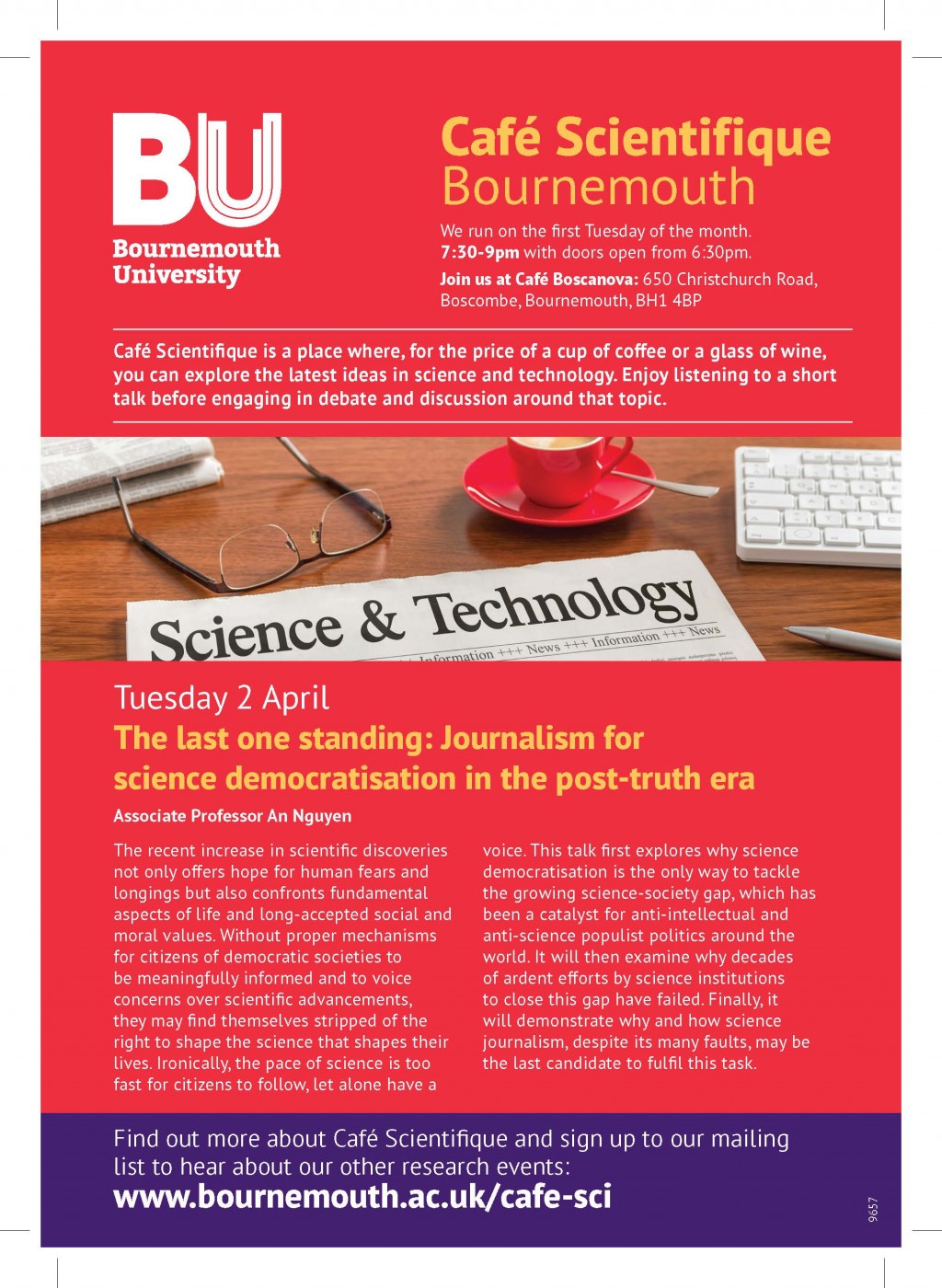


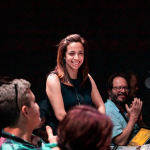












 SPROUT: From Sustainable Research to Sustainable Research Lives
SPROUT: From Sustainable Research to Sustainable Research Lives BRIAN upgrade and new look
BRIAN upgrade and new look Seeing the fruits of your labour in Bangladesh
Seeing the fruits of your labour in Bangladesh Exploring Embodied Research: Body Map Storytelling Workshop & Research Seminar
Exploring Embodied Research: Body Map Storytelling Workshop & Research Seminar Marking a Milestone: The Swash Channel Wreck Book Launch
Marking a Milestone: The Swash Channel Wreck Book Launch ECR Funding Open Call: Research Culture & Community Grant – Application Deadline Friday 12 December
ECR Funding Open Call: Research Culture & Community Grant – Application Deadline Friday 12 December MSCA Postdoctoral Fellowships 2025 Call
MSCA Postdoctoral Fellowships 2025 Call ERC Advanced Grant 2025 Webinar
ERC Advanced Grant 2025 Webinar Update on UKRO services
Update on UKRO services European research project exploring use of ‘virtual twins’ to better manage metabolic associated fatty liver disease
European research project exploring use of ‘virtual twins’ to better manage metabolic associated fatty liver disease